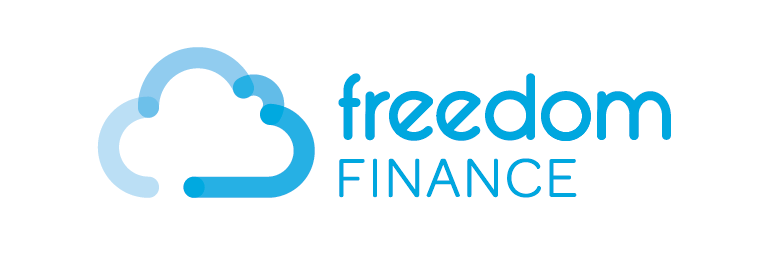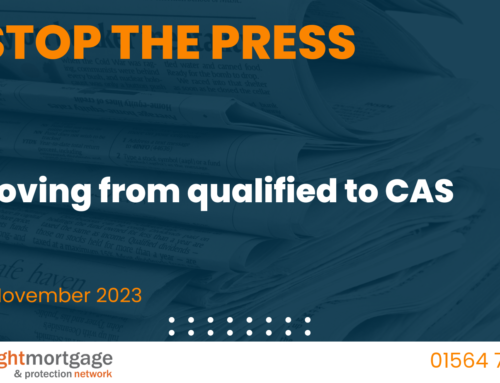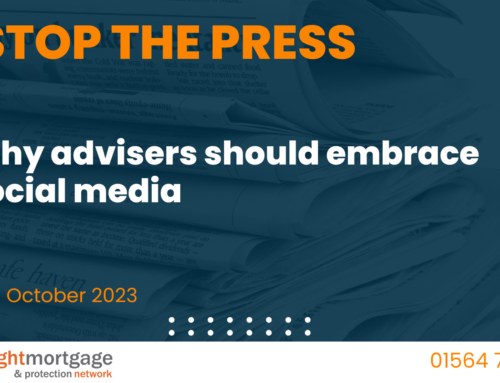- Customer attrition
If you don’t offer 2nd charges, you could potentially be sending your customers to your competitors. Customers need to be made aware that a 2nd charge could be more beneficial for them – and if you don’t offer this level of service, they are very likely to enlist the help of our technological friend Google to help them to find an adviser who does. As a result, not only could you lose your customer, but ancillary product sales and future business could be lost too.
- Forced product change
Borrowers with an interest-only mortgage often think that the only way to obtain further credit is by switching to a repayment option. For many, this could potentially make their monthly repayments unmanageable. A 2nd charge mortgage allows the customer to borrow additional funds without interfering with their existing mortgage.
- Your customers are hit by Early Repayment Charges (ERCs)
With interest rates at a historically low 0.5% and speculation about interest rates still uncertain, some customers will want to move to a fixed rate. However, a fixed rate mortgage will often carry early repayment charges that can cost customers thousands of pounds in fees.
- Customers who want to consolidate over £30k
It has become increasingly difficult to find consolidation loans over £30k on the High Street. Second charge loans allow customers to consolidate debts over a longer term than an unsecured loan with a shorter term than their first charge mortgage, whilst still reducing monthly outgoings.
- Will your customers remain mortgage prisoners?
Self-certification mortgages were banned in 2014 following the Mortgage Market Review, but nearly half of all mortgages taken out between 2007 and the first quarter of 2010 were advanced on this basis, leaving many consumers as ‘mortgage prisoners’ trapped on very high interest rates. These customers won’t be able to get any more funding on a self-certification basis – and their earnings probably won’t fit lenders’ general criteria – but 2nd charge loans could be an option.
- Self-employed could seek funding elsewhere
If a customer has recently become self-employed, he or she will be eligible for a 2nd charge mortgage. This is great news for customers who have had their applications for other types of mortgage loans rejected due to lenders needing extensive proof of income. With 2nd charge loans, lenders will take into account all of the customer’s income, including buy-to-let rental yield, foster care payments, and more.
- Missed opportunities to credit repair
Many customers may have a poor credit score through no fault of their own, often after a period of unemployment or divorce. For these customers, 2nd charges can often be the best option, as these loans could enable them to source funds which would otherwise be unavailable.
Second charges have changed significantly over the last few months and can normally be turned around in less than two weeks, as Electronic Identification (EID) can be used to satisfy Know Your Customer requirements and a valuation isn’t always necessary.





